
Eli Lilly intends to submit a supplemental biologics license application to the FDA for galcanezumab for the preventive treatment of episodic cluster headache by the end of 2018.

Eli Lilly intends to submit a supplemental biologics license application to the FDA for galcanezumab for the preventive treatment of episodic cluster headache by the end of 2018.

Albertson discussed this facet of stroke care, and all the things being done outside just the clinic to help improve outcomes.

If approved, lasmiditan could represent the first significant innovation for acute treatment of migraine in more than 2 decades.

The associate professor at NYU Langone discussed emerging evidence that suggests that sleep disruption results in higher levels of markers associated with Alzheimer disease.

The treatment options for carotid webs with ischemic strokes have not been extensively investigated, and multicenter observational studies are warranted.
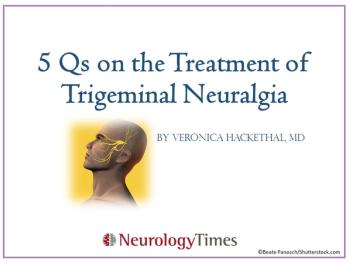
How much do you know about trigeminal neuralgia? Find out with this quick, 5-question quiz.
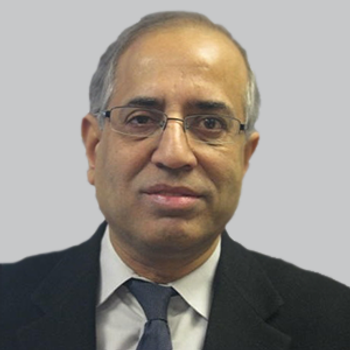
Therapies designed to treat neurologic conditions have made up 25% of the submissions to the FDA for a Regenerative Medicine Advanced Therapy designation.

The Carolyn and Matthew Bucksbaum Professor of Clinical Ethics at the University of Chicago spoke about the ethical considerations of spinal muscular atrophy and its treatment.
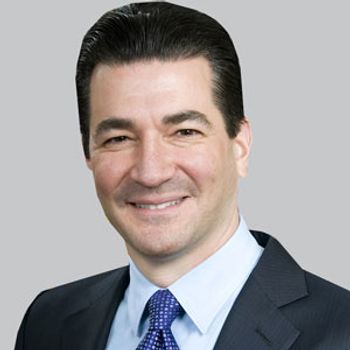
The product was being marketed for conditions including Alzheimer disease, fibromyalgia, spinal cord injury, multiple sclerosis, muscular dystrophy, Parkinson disease, and peripheral neuropathy, among others.

The Founder and CEO of NeuroTrials Research spoke about the current landscape of insomnia, noting that lemborexant holds promise as a potential therapy.

The director and chair of the Feil Family Brain & Mind Research Institute at Weill Cornell Medicine provided insight into the different pathologies that lead to this dementia.

The neurocritical care fellow at Washington University School of Medicine in St. Louis shared his experiences modeling subcortical stroke.
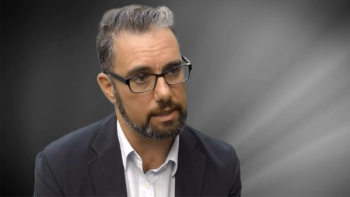
The medical director of the UCSF Multiple Sclerosis Center discussed the idea behind remyelination and shared his thoughts on what the best shot at developing a therapy might be.

The director of neuroimmunology at Johns Hopkins shared his thoughts on why neurofilament light is being developed as a biomarker for MS.

The Anne Parrish Titzell Professor of Neurology and Neuroscience at Weill Cornell Medicine’s Feil Family Brain and Mind Research Institute spoke about the cost the condition has for patients and their families.
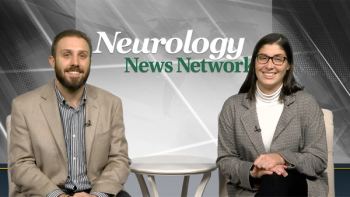
Neurology News Network for the week of November 10, 2018.

The director of neuroimmunology at Johns Hopkins shared his insight into the validation of neurofilament light as a biomarker for multiple sclerosis.

The professor emeritus of psychiatry at the University of Pennsylvania’s Perelman School of Medicine discussed the imperative need for physicians to recognize tardive dyskinesia.

Recent work demonstrates that the anterior part of the hypothalamus is enlarged in cluster headache.

Tracking mandibular movements is a useful tool when measuring the efficacy of oral appliance therapy in obstructive sleep apnea.

The assistant professor of neurology at Weill Cornell Medicine shared the findings from a recent study that suggested a heightened risk of stroke may linger up to 3 months after myocardial infarction.

Could big data, combined with a biomarker, provide beneficial information for physicians treating multiple sclerosis?

The professor of neurology at Virginia Commonwealth University discussed all the progress that’s been made in the space and shared her thoughts on the advances.

The professor emeritus of psychiatry at the University of Pennsylvania’s Perelman School of Medicine spoke about the condition and the available therapies, as well as some of the needs that remain unmet.

Researchers found a link between atrial fibrillation and an increased risk of dementia and concluded that anticoagulants could help decrease that risk.

The associate professor of neurology and neuroscience at Weill Cornell Medicine spoke about the history of cell therapies for Parkinson disease and how it’s informing current work.

Cognitive complaints remain a major issue for patients with epilepsy, leading the epileptologist at the University of Pennsylvania to share her insight into addressing them.

The Global Medical Lead for Migraine and Headache at Teva Pharmaceuticals provided insight into how fremanezumab has helped to improve these facets of the condition.

The president of the ANA offered his perspective on these novel genetic therapies, as well as other a few other areas of interest.
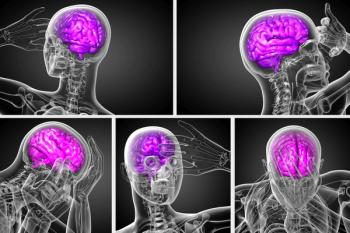
Could 20 years of treatment for migraine have prompted a spontaneous absence of speech after this patient stopped taking her medication?